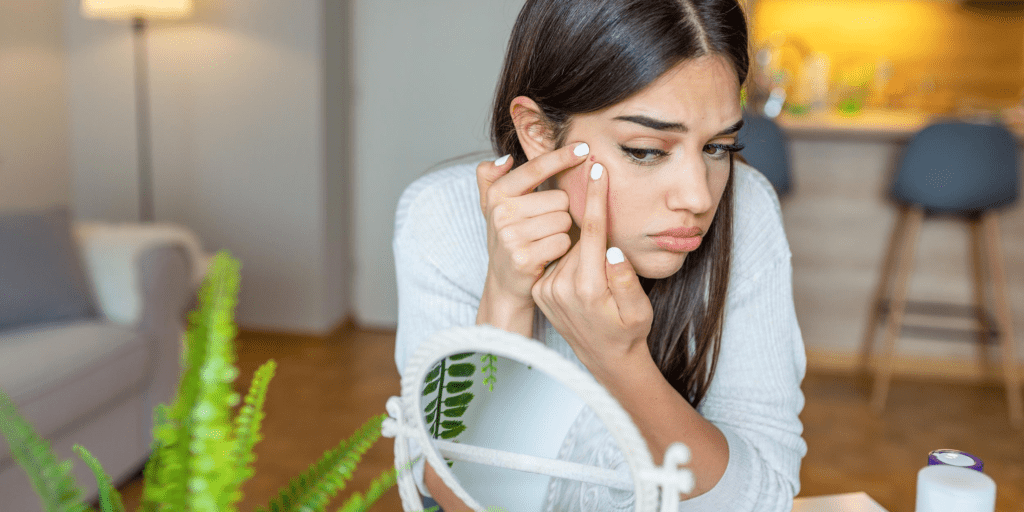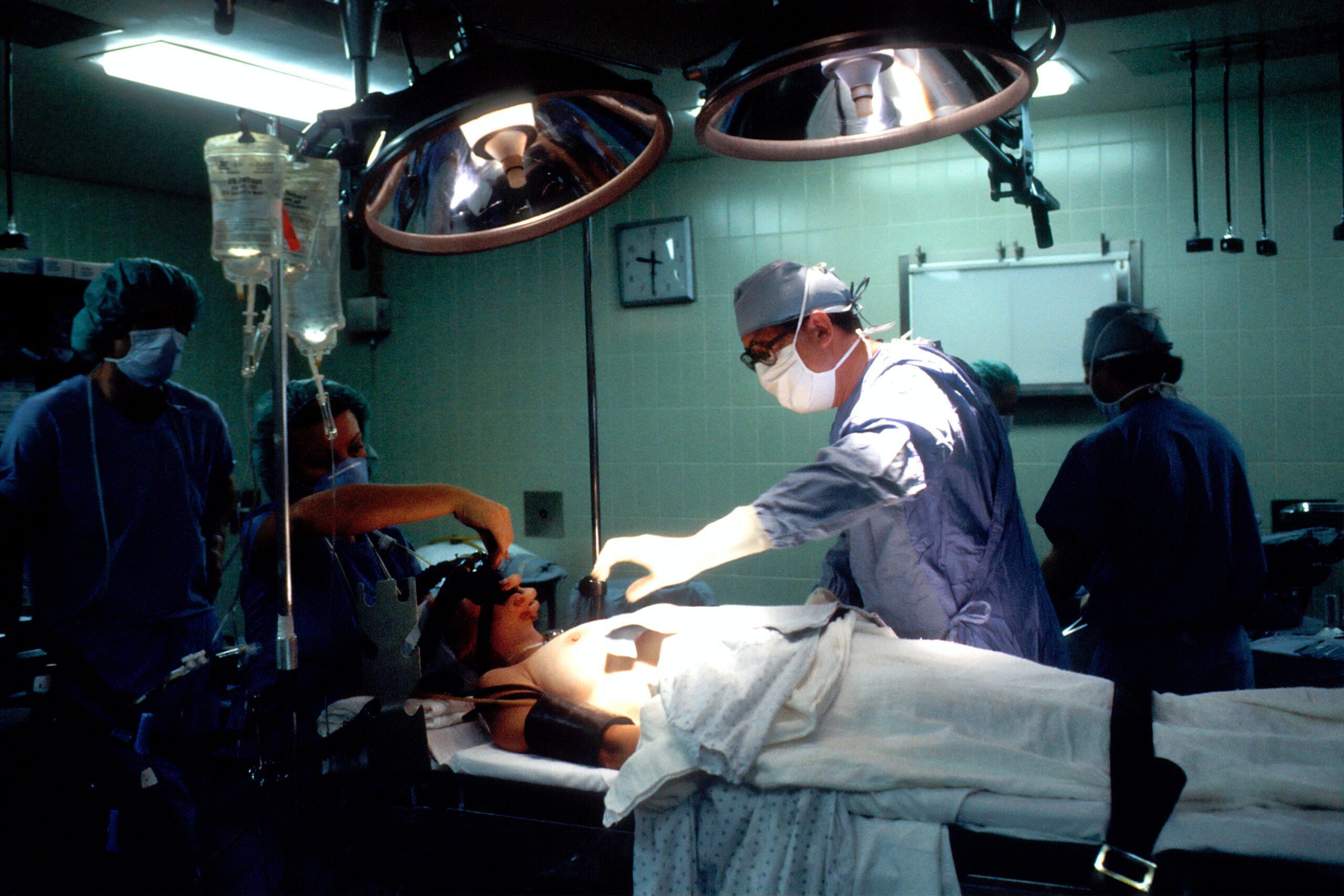Overview
Acne Scars: What’s the Best Treatment Acne scars, the enduring aftermath of persistent or severe acne, represent a significant cosmetic concern for many individuals. These scars, varying in type and severity, often leave lasting imprints on one’s skin and self-confidence. Understanding the nature of these scars is crucial. Atrophic scars, which create indentations, and hypertrophic scars, raised and more visible, challenge individuals seeking effective remedies. A wide array of treatments exists, ranging from topical applications to advanced medical procedures, each targeting different types of scarring.
Basic treatments like topical creams, retinoids, and natural remedies offer accessible options for milder scarring. However, more severe cases demand advanced interventions like laser therapy, dermabrasion, and chemical peels, necessitating professional guidance from dermatologists. Combining treatments and adopting lifestyle changes, including sun protection and self-care practices, significantly contribute to scar reduction.
Patience is key in this journey, as results from treatments might take time to manifest, and multiple sessions could be required. Embracing a comprehensive approach, consulting dermatologists, and integrating both professional treatments and self-care strategies are crucial for achieving optimal outcomes in diminishing the appearance of acne scars and restoring confidence in one’s skin.

Introduction
Acne scars can be a persistent reminder of past battles with acne. They often pose a challenge, impacting one’s self-esteem and confidence. While acne itself can be distressing, the scars left behind can be equally burdensome. The quest for effective treatment options for acne scars is ongoing, leading to a plethora of available remedies. It’s crucial to understand the various treatments, their effectiveness, and which might be the best solution.
Understanding Acne Scars
Acne scars result from the skin’s attempt to heal damage caused by acne lesions, such as papules, cysts, or nodules. There are two main types of acne scars: atrophic scars, which appear as indentations in the skin, and hypertrophic scars, which are raised and more prominent. Atrophic scars, including icepick, rolling, and boxcar scars, are commonly seen and tend to be more challenging to treat than hypertrophic scars.
Available Treatment Options
Several treatments are available for acne scars, ranging from topical creams and gels to more invasive procedures. Topical treatments often include retinoids, which encourage cell turnover and stimulate collagen production to improve the appearance of scars. Chemical peels, microdermabrasion, and microneedling are among the minimally invasive procedures that help in scar reduction.

Advanced Therapies for Acne Scars
For more severe scarring, advanced procedures such as laser therapy, fractional laser, and dermabrasion are considered effective. These methods work by removing the damaged skin and stimulating the production of new, healthier skin cells, reducing the appearance of scars. However, these treatments may require multiple sessions and have a longer recovery time.
The Role of Dermatologists
Dermatologists play a pivotal role in the treatment of acne scars. They assess the scar type and severity to recommend the most suitable treatment. Their expertise ensures the appropriate procedure is chosen to minimize scarring and achieve the best possible results for each individual.
Combination Therapies
In some cases, a combination of treatments may be recommended to address different aspects of acne scars effectively. Acne Scars: What’s the Best Treatment For instance, a dermatologist might suggest combining laser therapy with microneedling to target both the depth and texture of the scars for a more comprehensive improvement.
Home Remedies and Lifestyle Changes
Apart from professional treatments, there are several home remedies and lifestyle changes that can aid in managing acne scars. These include the use of natural remedies like aloe vera, honey, and tea tree oil, which possess healing properties that can contribute to scar reduction.
The Importance of Sun Protection
Sun exposure can worsen the appearance of acne scars by causing them to darken and become more noticeable. Therefore, using sunscreen with a high SPF is crucial in protecting the skin from harmful UV rays and preventing further damage to scarred areas.
Embracing Self-Care and Patience
Patience is key when treating acne scars. Results from treatments may take time to become noticeable, and multiple sessions might be necessary. Alongside professional treatments, self-care practices, such as a healthy diet, regular exercise, and adequate sleep, contribute to overall skin health and healing.
Positive Review:
“I’ve struggled with acne scars for years, and after trying various treatments, I finally found success with a combination of laser therapy and microneedling recommended by my dermatologist. The results have been incredible! My skin texture has noticeably improved, and the scars have faded significantly. The procedure was a bit uncomfortable, but the staff was incredibly supportive, and the minimal downtime was totally worth it. I’m thrilled with the progress and highly recommend these treatments to anyone battling acne scars.”

Negative Review:
“Disappointing experience with acne scar treatments. I opted for microdermabrasion after reading positive reviews, but sadly, it didn’t live up to the hype. I didn’t see much improvement in my scars, and the treatment felt uncomfortable. Moreover, the recovery period was longer than expected, and it didn’t fit well with my schedule. The cost was high, and I wish I had explored other options or received more guidance on what might work best for my specific scar type. Overall, a letdown, and I’m still searching for an effective solution.”
Pros of Acne Scar Treatments:
1. Improved Skin Appearance: Effective treatments can significantly reduce the appearance of scars, boosting confidence and enhancing overall skin texture.
2. Diverse Treatment Options: Various treatments cater to different scar types and severity, offering a range of choices for individuals.
3. Professional Guidance: Dermatologists provide expert advice, recommending the most suitable treatments for individual needs.
4. Combination Therapies: Combining treatments can yield more comprehensive results, targeting various aspects of scarring.
5. Lifestyle Enhancements: Some treatments encourage the adoption of healthy habits, like sun protection and skincare routines, benefiting overall skin health.
Cons of Acne Scar Treatments:
1. Costly: Effective treatments, especially advanced procedures, can be expensive and might not be feasible for everyone.
2. Time-Consuming: Achieving desired results often requires multiple sessions, which can be time-consuming and may necessitate extended recovery periods.
3. Potential Discomfort: Some treatments, such as laser therapy or microdermabrasion, can cause discomfort or pain during the procedure.
4. Variable Results: Not all treatments work the same for everyone; results may vary, and some individuals might not see significant improvement.
5. Risk of Side Effects: Certain treatments carry the risk of side effects like redness, swelling, or even scarring in rare cases, especially if not administered properly or by an inexperienced practitioner.
Conclusion
The battle against acne scars is one that encompasses various treatment options, from simple topical remedies to advanced medical procedures. Acne Scars: What’s the Best Treatment Understanding the different types of scars and the available treatments is essential in choosing the most suitable option. Embracing a comprehensive approach that combines professional treatments with home remedies and lifestyle changes can significantly improve the appearance of acne scars. Acne Scars: What’s the Best Treatment Seeking advice from dermatologists and being patient throughout the treatment process are crucial for achieving desirable outcomes and boosting confidence.

Acne scars persist as a common concern, but with the right approach and persistence, one can significantly diminish their appearance and regain smoother, clearer skin.
Read More: Skin Care Habits for Acne Skin Comprehensive and In-Depth Guide
FAQs:
Yes, acne scars are treatable. There are various treatment options available, ranging from topical creams to advanced medical procedures, which can significantly reduce the appearance of scars, though the effectiveness may vary based on the type and severity of the scars.
The timeline for results varies depending on the chosen treatment and individual factors. In general, it might take several weeks to months to notice visible improvements. Some treatments may require multiple sessions for noticeable changes.
Several home remedies are believed to help in managing acne scars, including natural ingredients like aloe vera, honey, tea tree oil, and certain kitchen ingredients like lemon juice or baking soda. While these remedies might provide some improvement, their effectiveness can vary from person to person.
No, not all treatments work the same for everyone. The efficacy of treatments can differ based on various factors, including the type and severity of the scars, individual skin type, and the body’s response to the treatment. Consulting with a dermatologist can help determine the most suitable approach.
Generally, acne scar treatments carried out by trained professionals and dermatologists are safe. However, some treatments carry a risk of side effects such as redness, swelling, or irritation. It’s crucial to follow aftercare instructions and seek treatments from experienced practitioners to minimize risks.

